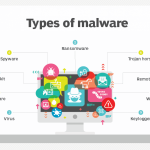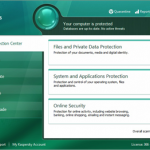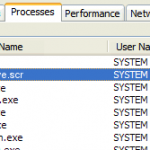Tips For The Best Solution To Prevent Viruses And Other Malware
November 29, 2021
You may come across an error message with tips on how to prevent viruses and other malware. Well, there are several ways to fix this problem, which we’ll talk about shortly.
Recommended: Fortect
Make sure you have a good set of backups. A good set of backups makes it much easier to remove adware.Use your device to scan for malware. If you are expecting a bite, it is recommended that you provide only one guard.Train end users.Make sure people have a good set of backups.
Most of those who deal with us now should expect a computer virusor a variety of malware. It wasn’t fun; it was time consuming, labor intensive and very tedious endeavor.
When our laptops slow down or behave abnormally, it is often easy to suspect that we have a virus. It may not be a virus, but most likely you have malware. Some are angry and others are just boring. The worst culprits are hijackers – malware that clings to your browser or worse, your computer. I’ve had computers and methods removed from these nasty networks in the past, and I’m glad you did that too. Here are ten tips on how to prevent malware from infecting your computer in order to protect your individual hardware.
1. Install Antivirus / Malware Software.
Install antivirus software.Regular software version.Buy apps only from used sources.Do not click on suspicious one-way links or download attachments of unknown origin.Install a firewall.Back up your personal data regularly.
This goal can be taken for granted, and I mentioned it almost in passing in the first paragraph. However, I must see many computers, especially home computers, without virus and malware protection. This protection is usually an important first step in protecting your computer from viruses.
2. Update Regularlyantivirus Software.
There is usually no way to prevent malware problems from occurring, but there are reliable ways to detect and block attacks, thereby protecting your systems from infection as well as malware. 1. Install additional anti-virus and anti-spyware software.
Protective gear software is the first step; Second defense. Free antivirus software is better than nothing, unfortunately keep in mind that this is not just the best solution. Microsoft authorizes the use of the security package “free of charge for”. It’s free in the sense that when you browse Windows on your computer, you are still given access, but you paid for the Windows license. Many drivers are not familiar with this program, but in fact it is quite good protection.
3. Run Scheduled Scans From Time To Time With Antivirus Software.
Again, this may seem like a great overwhelming success, but many of us forget about it. Tune your desired software system at daily intervals. Once a week is best, don’t wait long between scans. As long as antivirus software is running, it is difficult to keep a computer under control. One solution, no doubt, is to launch the software as soon as you stop.want to use a home computer. However, we often turn off our computers overnight so that we never do any analysis. Set your antivirus software to run on a specific night and let your computer or laptop run on that day. Select not to turn it off and / or automatically go to sleep.
4. Update Your System Regularly.
Recommended: Fortect
Are you tired of your computer running slowly? Is it riddled with viruses and malware? Fear not, my friend, for Fortect is here to save the day! This powerful tool is designed to diagnose and repair all manner of Windows issues, while also boosting performance, optimizing memory, and keeping your PC running like new. So don't wait any longer - download Fortect today!

If you are using Windows, Mac OS X, Linux, or any other operating system, please update it. Operating system developers are required to release security patches that address security vulnerabilities. These fixes will definitely help make your system comfortable. Keep your antivirus software up to date in the same way. Viruses and malware are certainly being created all the time. Your reader is only good if it has a database. It also needs to be as relevant as possible.
5. Protect Your Network.
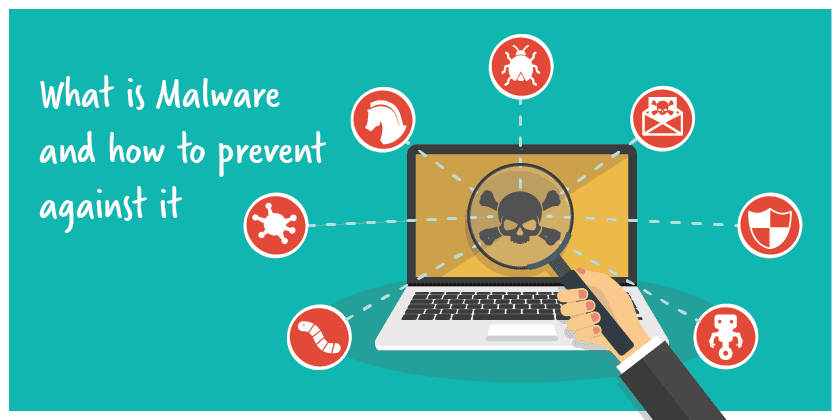
Many of our computers connect to our files, printeror the Internet via a Wi-Fi connection. Some require a password to access ideas, and this password can be strong. Never submit an open Wi-Fi connection. Use WPA2 or WPA2 encryption. WEP is no longer strong because experts can bypass it in a few minutes. It’s also a good idea not to broadcast your current SSID (your Wi-Fi network name). You can still access everything with your device, usually you just need to manually enter the SSID and password. If someone has frequent guests using the Internet, include the Guest SSID, which includes using a different password in case your friends are hackers.
6. Think Before Clicking. Websites
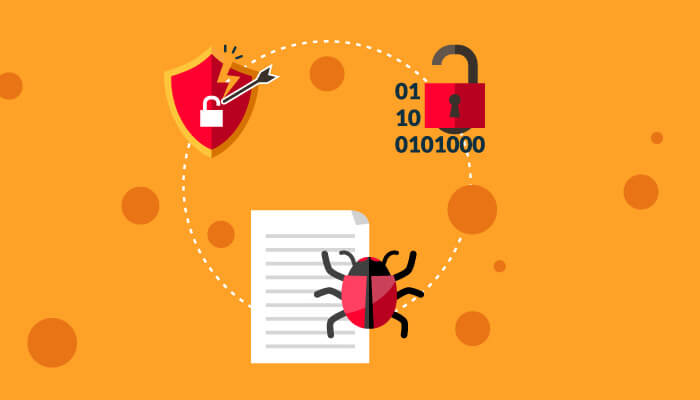
Avoid pirated materials. Don’t look at email attachments from someone or a company you actually know. Don’t click a new link in an unsolicited email. Always hover your mouse over a link (especially a link with a shortened URL) before clicking to see where the relationship actually takes you. If families need to downloadTo download a file from the Internet, email, FTP site, file sharing service, etc., check it before running. Good antivirus software will likely do this automatically, but make sure it does.
7. Protect Your Personal Information. East
This is probably the hardest job on the Internet. Many hackers can access your files through social engineering rather than brute force. Get enough information to access your online accounts and get more personal information. They will continue to help you out of the account until they have enough information of you to obtain your bank details or simply to verify your identity. Be careful not to be available on message boards and social media. Lock all privacy settings and avoid using your real title or identity in forum discussions.
8. Do Not Use Open Wi-Fi.
Bonus tip for cell phones: To counter cell phone security holes, update your cell phone software regularly. Don’t ignore all these “New Software Updates” pop-ups even if your personal storage is full or your attack is weak. Activate plugins for click-to-play playback.
If you are coming from a local cafe, especially from the airport, do not use the “free” openIndoor Wi-Fi (no password, no encryption). I think about it. If you can get it without a problem, what will a skilled attacker do?
9. Back Up Your Files.
The best thing a person can do is back up someone else’s files – everyone. Ideally, you will probably have your (your file data) in at least three places: where you work, on a separate storage device, and out of the office. Store files on your dedicated computer, create backups on an external hard drive, and then save them elsewhere. You can use a backup service, or simply take two external hard drives and leave one at work, at a friend’s house, with a downline member, in a secure bank vault, or in a secure bank vault.
5 tips to prevent computer virusesattacks [2020 Update] TIP: 1 Use computers and laptops with everyday operating systems installed. TIP: 2 Apply all innovations immediately. TIP: 3 Use a paid computer antivirus program. TIP: 4 Take care of your technology products. TIP: 5 Think about the physical media you usually use.
Why is data backup important? Discover Risky Business: 5 Important Tips to Protect Your Data.
10. Use Multiple Strong Passwords.
Install antivirus software.Be careful with email attachments.Fix these operating systems and applications.Avoid ambiguous websites.Avoid pirated software.Make sure you are a computer.
Never use the same password that applies to your bank account. Now we usually use the same email address, possibly a username, for all of our data. They are easy to steal. If you use the same password for all or many things and it is detected, it will only take a few seconds for your account to be hacked. Use a live password. Use lowercase letters, uppercase letters, numbers, and symbols in your password. Let it be easy to remember, but difficult to guess. Don’t use aliases or date them.
For more tips on protecting the data on your receipts, see Ten Ways to Avoid Viruses and Spyware.
Download this software and fix your PC in minutes.Sovety Po Predotvrasheniyu Virusov I Drugih Vredonosnyh Programm
바이러스 및 기타 맬웨어 방지를 위한 팁
Conseils Pour Prevenir Les Virus Et Autres Logiciels Malveillants
Suggerimenti Per Prevenire Virus E Altri Malware
Tips For Att Forhindra Virus Och Annan Skadlig Kod
Consejos Para Prevenir Virus Y Otro Malware
Wskazowki Dotyczace Zapobiegania Wirusom I Innym Zlosliwemu Oprogramowaniu
Tips Om Virussen En Andere Malware Te Voorkomen
Tipps Zum Verhindern Von Viren Und Anderer Malware


